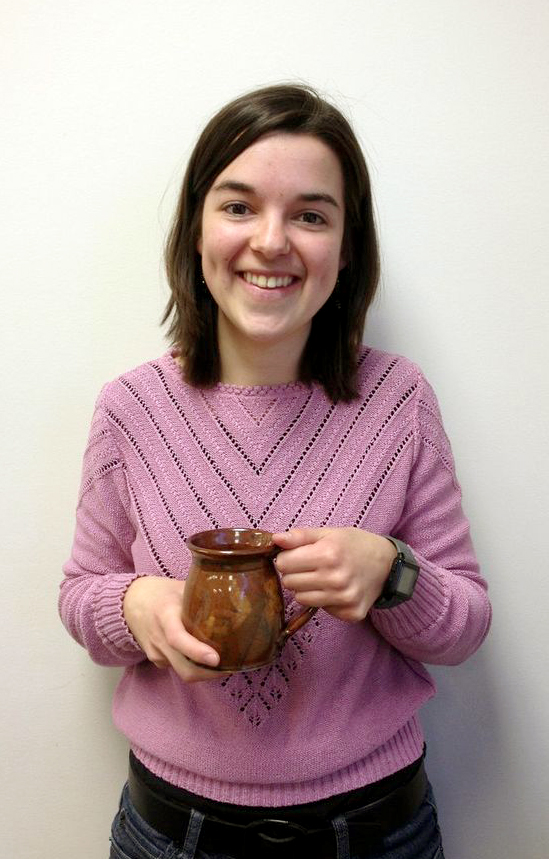In the the wake of Tuesday’s legislative dialogue on same-sex marriage, Becca Yoder expresses her concern that the marriage equality movement lacks queer inclusion.
I begin this article with acknowledgement that I am the writer and formulator of these words, but I am also an ally who wishes to credit articulate queer critics for these ideas. It would be wrong of me to write this perspective without recognition of the great efforts and trust that queer friends have put into teaching me to think critically.I use the reclaimed word “queer” to describe all persons who don’t identify with being heterosexual, male or female, or their socially assigned gender in correlation to their assigned bodily sex.
I am writing this piece as a medium for voicing what some queer critics and friends are saying about recent media attention on marriage equality. It must be noted that I, myself, do not identify as queer and do not wish to speak for queer experiences. While I may recognize injustice towards queer communities, I do not feel the injustice on a daily basis and therefore must name my positioning in authoring this article.
This perspective is meant to foster critical analysis of the most recent proposed ideas on marriage equality. I initially hesitated at the idea of writing a perspective about the gay marriage movement, but I feel accountable to advocate for what I see to be an unhelpful approach to queer empowerment.
I do not endorse the motives of the Human Rights Campaign (HRC), and I am deeply committed to the well-being and empowerment of queer-identifying individuals.
The HRC, in short, is a political organization that advocates equal rights for lesbian, gay, bisexual and transgender individuals in the United States. They do so through lobbying for anti-discrimination laws, employment and healthcare benefits and the legal right of gays and lesbians to marry. Most recently they have gained media attention for their long-time proposed agendas.
I think this advocacy is well-intentioned and incredibly important. Yet, I cannot agree that marriage equality is a constructive approach for undoing oppression of queer-identifying people.
Marriage under the state, while beneficial in appearance, creates harmful hierarchies by privileging a few while excluding a vast number of people who don’t fit into narrow categories of eligibility.
I recognize that many non-traditional partnerships within the U.S. have benefited from attaining legal marital status, but it must be stated that legal marriage has harmed and excluded more ineligible persons than it has benefited those eligible.
The HRC’s marriage equality movement privileges only gays and lesbians and excludes all people who identify as something else. This has unfortunately created significant and harmful divisions between “natural” allies in queer communities. Long-term alliances have been pitted against each other in destructive ways by an institution that is hailed to improve human rights.
Many queers have voiced their concerns about the HRC’s marriage equality agenda, saying that they will be overlooked and forgotten by members of gay and lesbian communities if a national marriage equality act is passed.
Some advocates for marriage equality might argue that, while not completely helpful, gay marriage would be one step forward in the long road of progress. Yet, queer critics have responded that such an approach disregards a multitude of economic, social and structural forces that disrupt and break apart families. High rates of incarceration, economically-forced migration, under-funded social services, deportation, inadequate housing and healthcare are a few components of greater social issues that are not remedied by the simple legal right to marry.
Some queer critics suggests that state institutions such as marriage should not be solutions for solving social issues perpetuated by the state itself. Rather, they challenge, queer communities would benefit from political development of alternative structures that are not reflective of the current system.
I recognize that these arguments and suggestions are richly complex, difficult and in need of more attention than I can give in one article.
What I intend to advocate with this perspective is that there is a need for critical analysis when we look at organizations such as the HRC and its agendas. Current discrimination of LGBTQ communities is unacceptable and we must work with it through an intentional lens.
We must foster careful thinking about well-intentioned motives found within various strategies, and look for the voices of those not included in the HRC agenda.
Last week on Tuesday, I was grateful for the incredible amount of support I saw on campus for LGBTQ rights. Although I did not wear red nor change my Facebook profile picture in alliance with the HRC’s agenda, I did attend events as an ally and investor in building connections across causes.
What we gain from working together in this justice work is more than we will ever have working separately.
I, as an individual with the privileged right to marry, cannot rest easy without voicing the concerns of important queer critics. I am indebted to their vulnerability and courage to both help me write this perspective and keep me accountable to what I have written.
Becca Yoder is a senior social work major.



